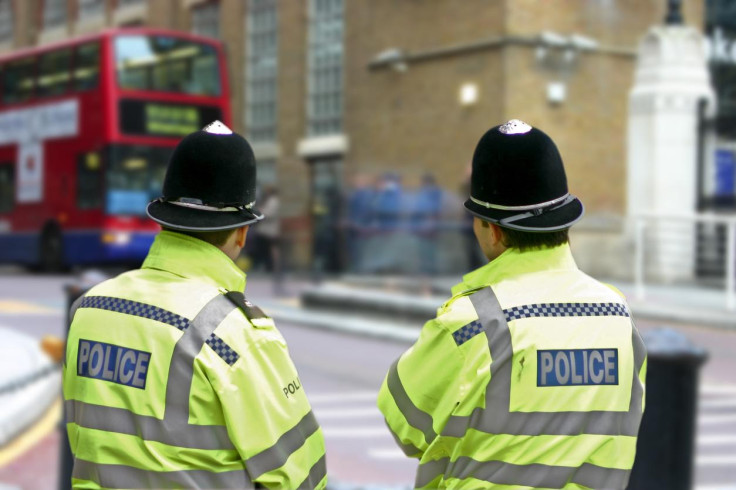You don't need a degree to be a police officer - you learn on the beat
I was top of my class in training, but realised how little I knew when I went on patrol alone.

The College of Policing has today announced that, from 2020, all new police officers joining the service will have to hold a degree, completing either a three-year 'degree apprenticeship', a postgraduate conversion course, or a degree in policing.
The intention is to "modernise" the service and help it meet the challenges of policing in the 21st century, which includes increased sophistication in cyber crime and the use of the internet for offences such a terrorism and fraud.
I joined the Metropolitan Police Service in August 2009, leaving a DPhil course at the University of Oxford – where I had also taken my undergraduate degree and a taught Masters – to do so. My degree was in English, with no direct applicability to my new profession. I undertook five months of training at Hendon, followed by five weeks of 'coached patrol' – effectively being puppy-walked through my early exposure to street policing by an experienced PC – before joining the response team. That's where my learning really began; despite coming top of my class in training, I was unaware, until I actually had to go out on patrol on my own, just how little I knew of the craft of policing.
Aspects of the College of Policing's announcement are to be welcomed, though with caveats. I know all too well how many of my former colleagues feel that they benefit little in the way of professional development from policing. Many are scared to leave because, despite many years of excellent service, they have no qualifications that are recognised in the world outside policing.
That is, incidentally, a worrying corollary to the announcement – once those officers do have such qualifications, they are much more likely to leave a service that is already on its knees due to cuts and changes, with little or no confidence in its senior management. Nonetheless, recognition that policing is a skill that deserves accreditation is good. Improved management training is also worthwhile, given how poor it often is across the service.
But the simple fact is you cannot learn policing from behind a desk or in a library, as I wrote (anonymously because I was still in the service) in 2012. Already, there is a very real sense among my former colleagues, to whom I still speak regularly, that the introduction of the Certificate of Policing Knowledge with a much-curtailed practical training program (five weeks rather than five months), is grossly insufficient for new officers. Response team numbers are falling because experienced PCs are fed up with essentially having to train new recruits from scratch on the job, in often dynamic and dangerous circumstances, because they come to the frontline so ill-prepared.
Policing also works best, as Sir Robert Peel recognised, when the police represents its public.
Policing works best, as Sir Robert Peel recognised, when the police represents its public. Policing in general, and the Met especially, needs to work harder to recruit officers from a wider range of backgrounds – asking prospective recruits to pay for a three-year policing degree from their own pocket without a guarantee of a job is hardly pulling down barriers.
There is no guarantee of a particular proportion of apprenticeships either (something I am more in favour of), with the College of Policing saying only, in classic jargonese: "A balanced approach across each of the three entry routes appropriate to meet forces' needs is proposed, which should be advantageous for local workforce planning."
While there's little doubt that policing is harder now, with a proliferation of complex threats set against a backdrop of cuts and plunging morale among officers, degrees are unlikely to help. If politicians and the public want a better service from their police, and no one would argue that the police should not strive to be the best at all times, then the focus should be on practical training, caring and thoughtful management, and increased resilience of numbers. These changes feel like window-dressing, an effort to mask the fact that British policing is in a very real crisis.
Alex Stewart is a freelance journalist working mostly in sports data. As a former police officer, he also writes about crime and drugs policy, and presented series 2 of BBC1's Thief Trackers.
© Copyright IBTimes 2025. All rights reserved.






















